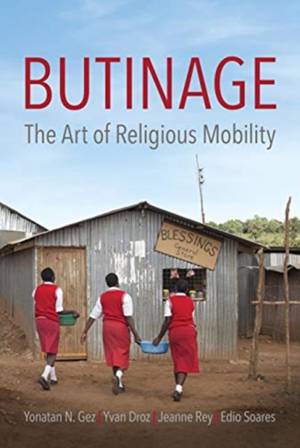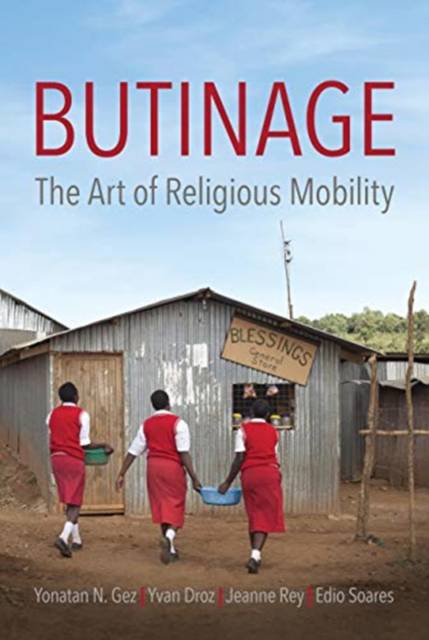
- Retrait gratuit dans votre magasin Club
- 7.000.000 titres dans notre catalogue
- Payer en toute sécurité
- Toujours un magasin près de chez vous
- Retrait gratuit dans votre magasin Club
- 7.000.0000 titres dans notre catalogue
- Payer en toute sécurité
- Toujours un magasin près de chez vous
Butinage
The Art of Religious Mobility
Yonatan Gez, Yvan Droz, Jeanne Rey, Edio SoaresDescription
Based on comparative ethnographic research in four countries and three continents, Butinage: The Art of Religious Mobility explores the notion of "religious butinage" as a conceptual framework intended to shed light on the dynamics of everyday religious practice. Derived from the French word butiner, which refers to the foraging activity of bees and other pollinating insects, this term is employed by the authors metaphorically to refer to the "to-ing and fro-ing" of believers between religious institutions.
Focused on urban, predominantly Christian settings in Brazil, Kenya, Ghana, and Switzerland, Butinage examines commonalities and differences across the four case studies and identifies religious mobility as existing at the meeting points of religious-institutional rules and narratives, social norms, and individual agency and practice. Drawing on anglophone, francophone, and lusophone academic traditions, Butinage is dedicated to a dialogue between ethnographic findings and theoretical ideas, and explores how we may rethink common conceptions of religious normativity.
Spécifications
Parties prenantes
- Auteur(s) :
- Editeur:
Contenu
- Nombre de pages :
- 240
- Langue:
- Anglais
Caractéristiques
- EAN:
- 9781487508807
- Date de parution :
- 24-03-21
- Format:
- Livre relié
- Format numérique:
- Genaaid
- Dimensions :
- 157 mm x 239 mm
- Poids :
- 453 g

Les avis
Nous publions uniquement les avis qui respectent les conditions requises. Consultez nos conditions pour les avis.






